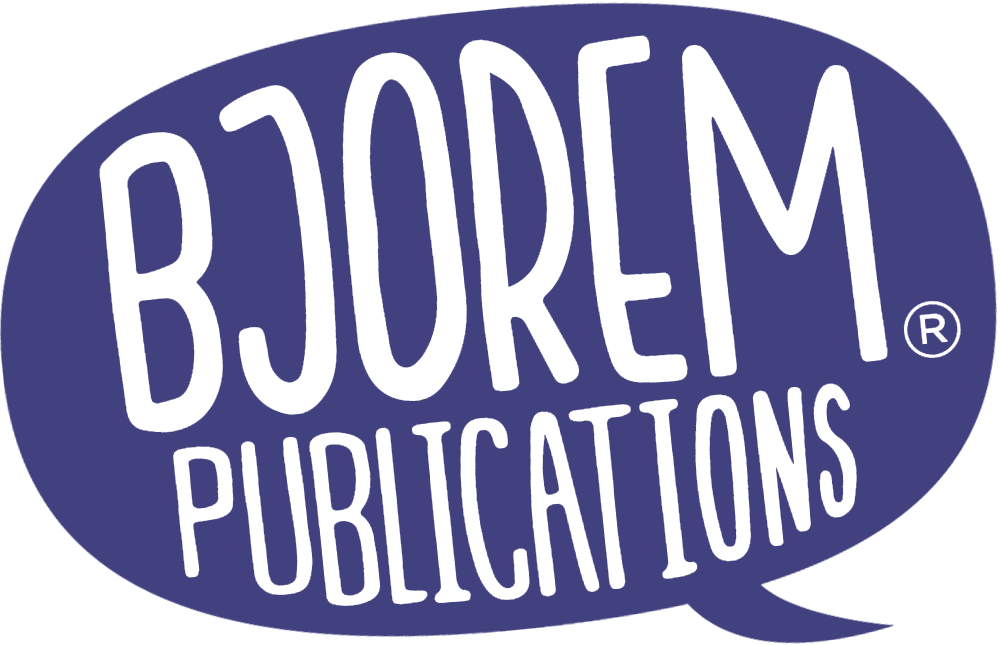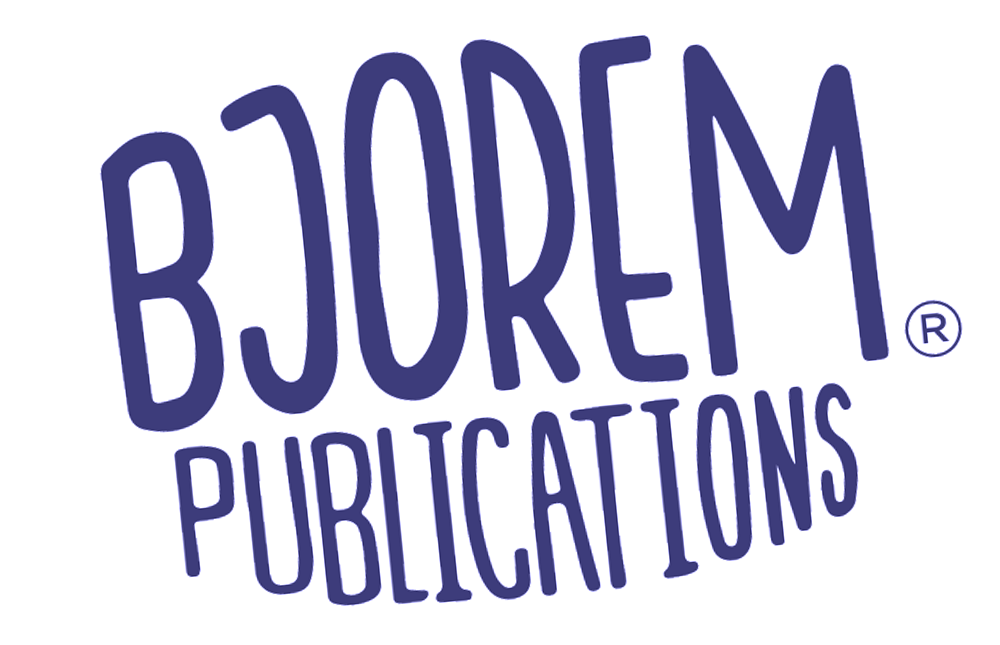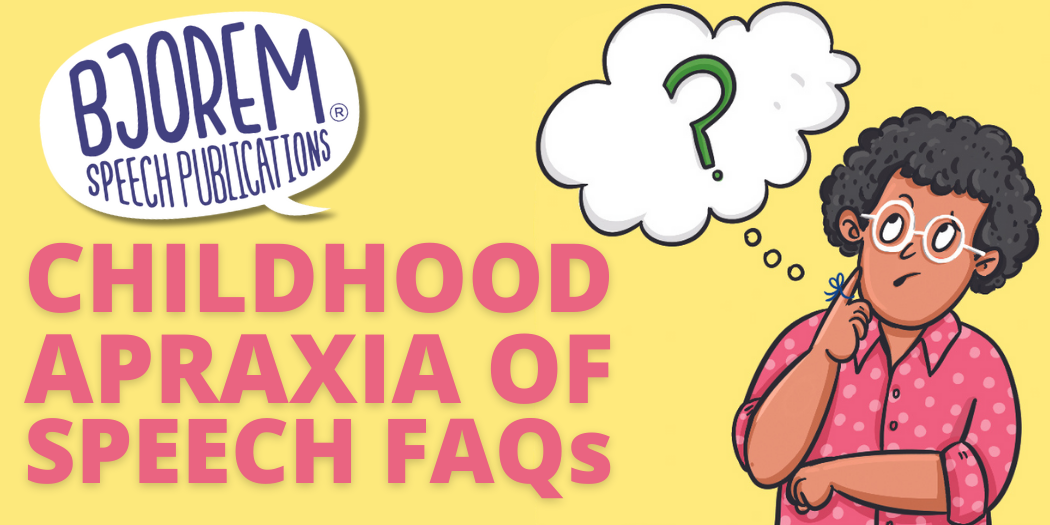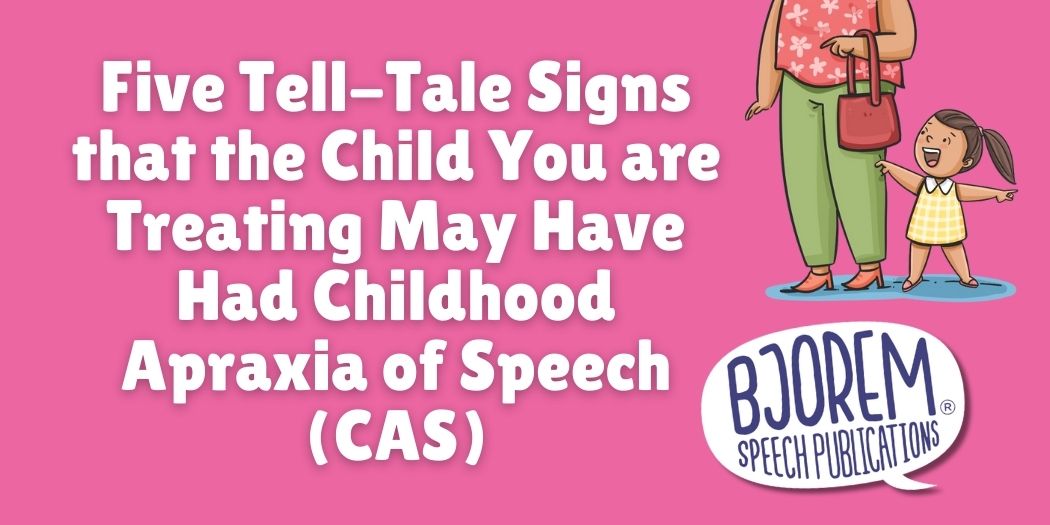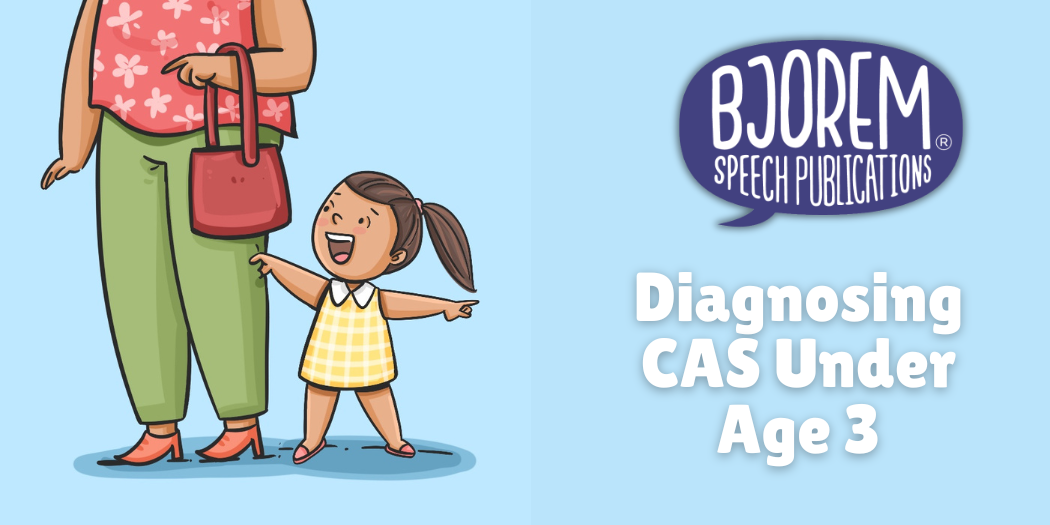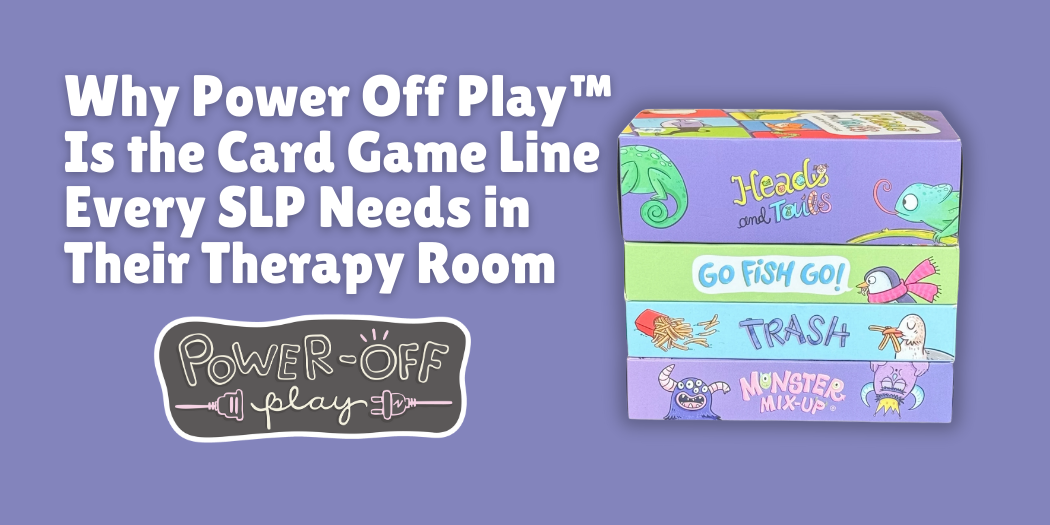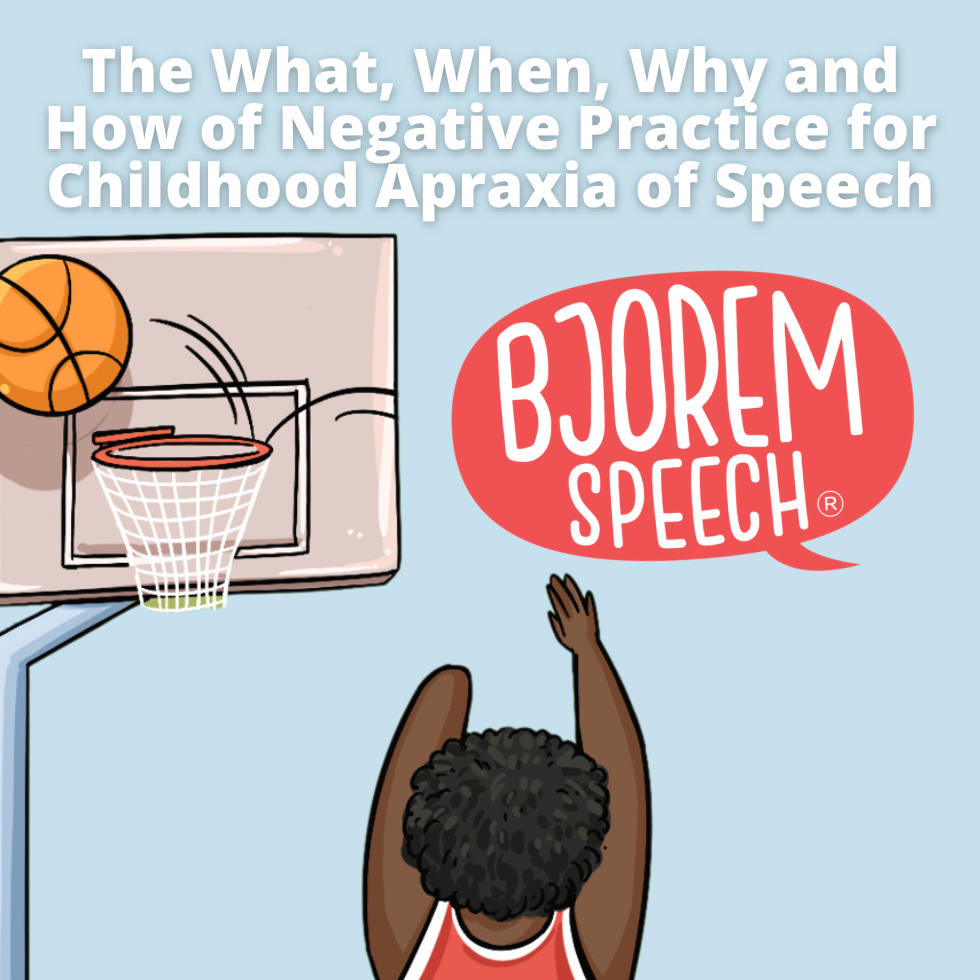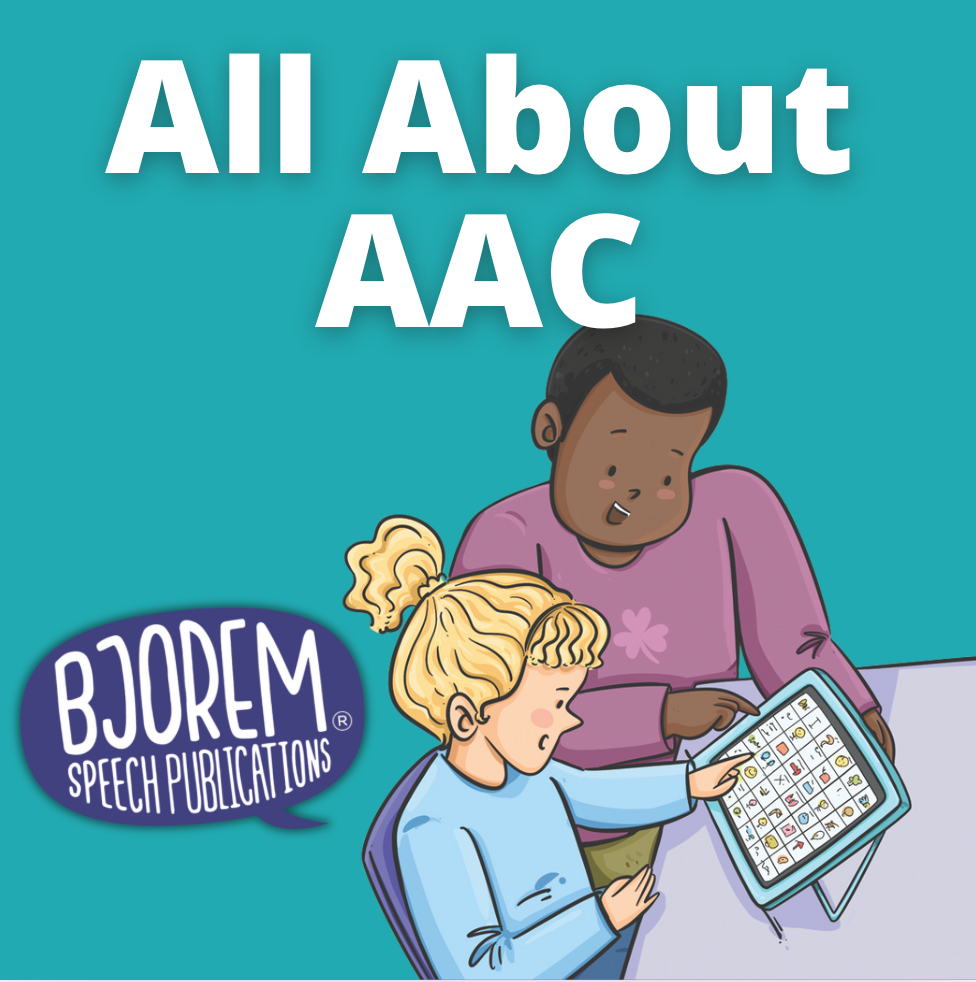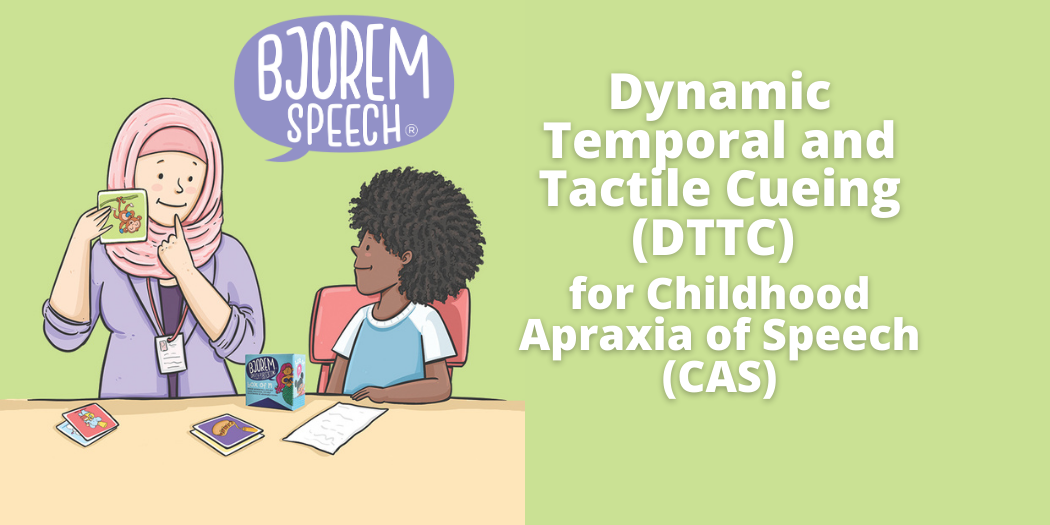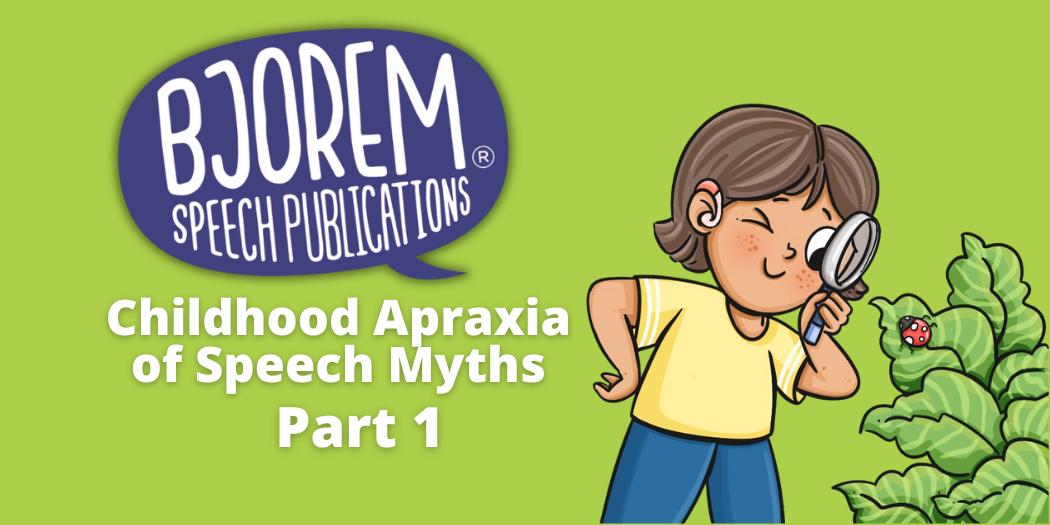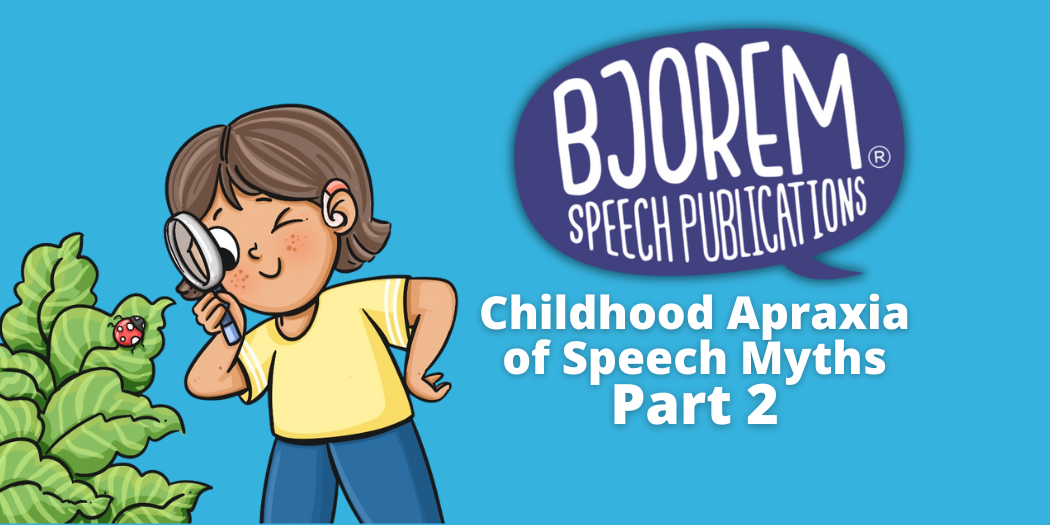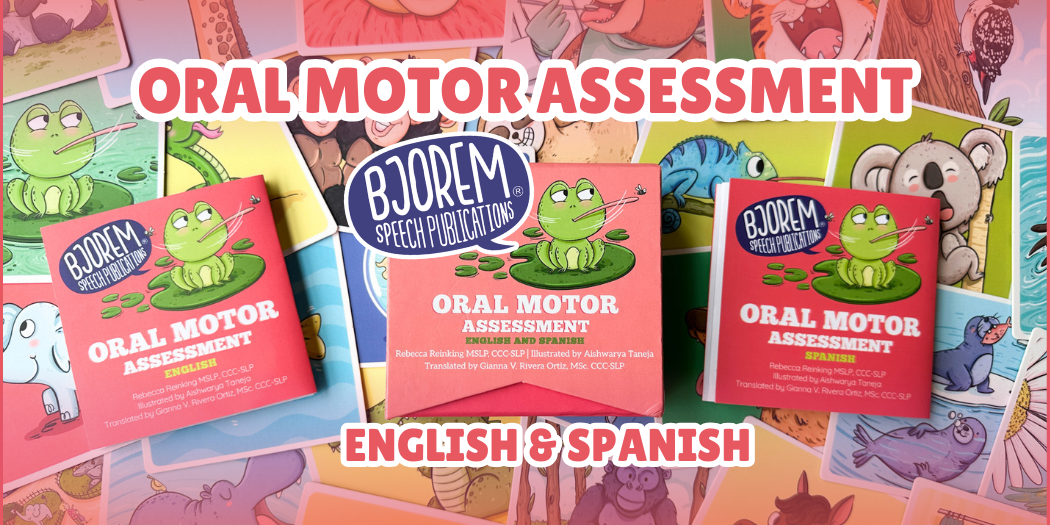Childhood Apraxia of Speech (CAS) is a speech disorder that affects a child's ability to accurately and consistently produce speech sounds and sequences. Here are some frequently asked questions (FAQ’s) about CAS:
- What is Childhood Apraxia of Speech (CAS)?
CAS is a speech disorder in which a child has difficulty planning and programming the precise movements of the tongue, lips, and jaw needed for clear speech. Here is a definition by Jennie Bjorem, M.A., CCC-SLP, CAS Specialist…

- What causes Childhood Apraxia of Speech?
The exact cause of CAS is often unknown, but it is believed to be related to problems in the brain's neural pathways responsible for speech production. Research shows that CAS can be related to neuro developmental disorders such as Down syndrome or Autism, specifically non-speaking autism.
- What are the common signs and symptoms of CAS?
Children with CAS may have trouble pronouncing words correctly, be inconsistent in their speech, struggle with speech rhythm or prosody, and may have difficulty imitating movements for speech sounds. Here is a chart that outlines the most prominent characteristics. Note the “discriminative” characteristics are more likely seen in CAS and less likely seen in other speech sound disorder. Stay tuned for a new blog post on the characteristics of CAS.

- How is CAS diagnosed? And by Whom?
Diagnosis involves a motor speech assessment by a qualified/trained speech-language pathologist (SLP) who will assess the child's speech production abilities and rule out other possible speech disorders. CAS is not a medical diagnosis, it is a speech label for a speech disorder that causes difficulty with planning movements necessary for speech production.
- How old does a child need to be to be diagnosed with CAS?
There is no specific age. A child must be able to attempt imitation during a motor speech assessment. It is not possible to diagnose a child that is non-speaking with CAS. However, if CAS is suspected an SLP should note sCAS (suspected CAS) and begin a motor-based planning approach. The youngest I have ever diagnosed CAS is between 2.5 and 3 years of age.
- Can CAS be outgrown?
CAS does not typically resolve on its own, but with early intervention and therapy, many children can make significant improvements in their speech.
- What is the recommended treatment for CAS?
Speech therapy, provided by a licensed SLP with experience and training in treating CAS. Therapy focuses on improving motor planning and coordination for speech sounds as well as incorporating Principles of Motor Learning (PML), are most effective in treating apraxia. Frequent sessions 3-5 times per week are recommended based on the individual child's severity.
- What is the difference between therapy for CAS and other speech disorders?
Because CAS is a motor-planning speech disorder, children need specialized treatment. Children will not make progress if the incorrect approach is used.
- Children will need extensive and intensive practice. With a motor-planning approach the child engages in frequent and concentrated practice of their target words or phrases during therapy.
- Multi-sensory cueing by the therapist offers the child a variety of cues, including tactile (touch), visual, metaphors such as the Bjorem Speech Sound Cues and auditory cues. These cues are used judiciously, tailored to the child's needs for achieving success, and gradually reduced as progress is made.
- Emphasis on movement, not necessarily sounds. Since CAS primarily involves motor skills, the focus lies in teaching the child to precisely control their motor movements to produce the desired sounds and sound combinations.
- Thoughtful selection of feedback provided by the therapist and tailored to the child's therapy stage. Feedback may range from more generalized affirmations like "Yes" to more specific guidance such as "bite your lip" - Stay tuned for an upcoming blog post on Principles of Motor Learning!
- Focus on speech prosody which encompasses aspects like phrasing, fluency, speech rate, use of pauses, intonation, pitch, vocal quality, rhythm, and stress. Prosody plays a crucial role in conveying meaning, including mood and emotions. Children with CAS often face challenges in producing typical prosody in their speech. Prosody errors are a discriminative characteristic of CAS.
- How often should a child with CAS receive speech therapy?
The frequency and duration of therapy sessions can vary depending on the severity of CAS and the individual needs of the child. Research suggests that children receive therapy three to five sessions per week. More frequent shorter sessions are recommended, especially for children with severe CAS. As a child progresses less frequent therapy sessions are warranted.
Can children with CAS learn to communicate effectively?
Yes, with appropriate therapy and support, most children with CAS can learn to communicate more effectively. Some may require alternative communication methods, such as sign language or augmentative and alternative communication (AAC) devices.
- Are there any long-term effects of CAS?
With early intervention, many children with CAS can make significant progress and achieve age-appropriate speech. However, some individuals may continue to have speech difficulties into adulthood.
- Can CAS be associated with other developmental disorders?
Yes, CAS can sometimes co-occur with other disorders, such as autism spectrum disorder, genetic differences, intellectual disabilities, or learning disabilities.
- What can parents do to support a child with CAS at home?
Parents can work closely with the SLP to implement recommended strategies and practice at home. Parent training, consistency and practice are essential for progress. As a parent I recommend requesting being present for as much therapy as possible.
- Is CAS the same as a speech delay?
No, CAS is not the same as a speech delay. A speech delay means a child is developing speech skills at a slower rate than expected, while CAS involves specific difficulties in planning and coordinating speech movements and is considered a disorder.
It's essential to consult with a speech-language pathologist trained in CAS for accurate information and guidance regarding Childhood Apraxia of Speech, as each case can vary in severity and treatment needs. Stay tuned for an upcoming blog post about What Questions Should You Ask Your SLP?